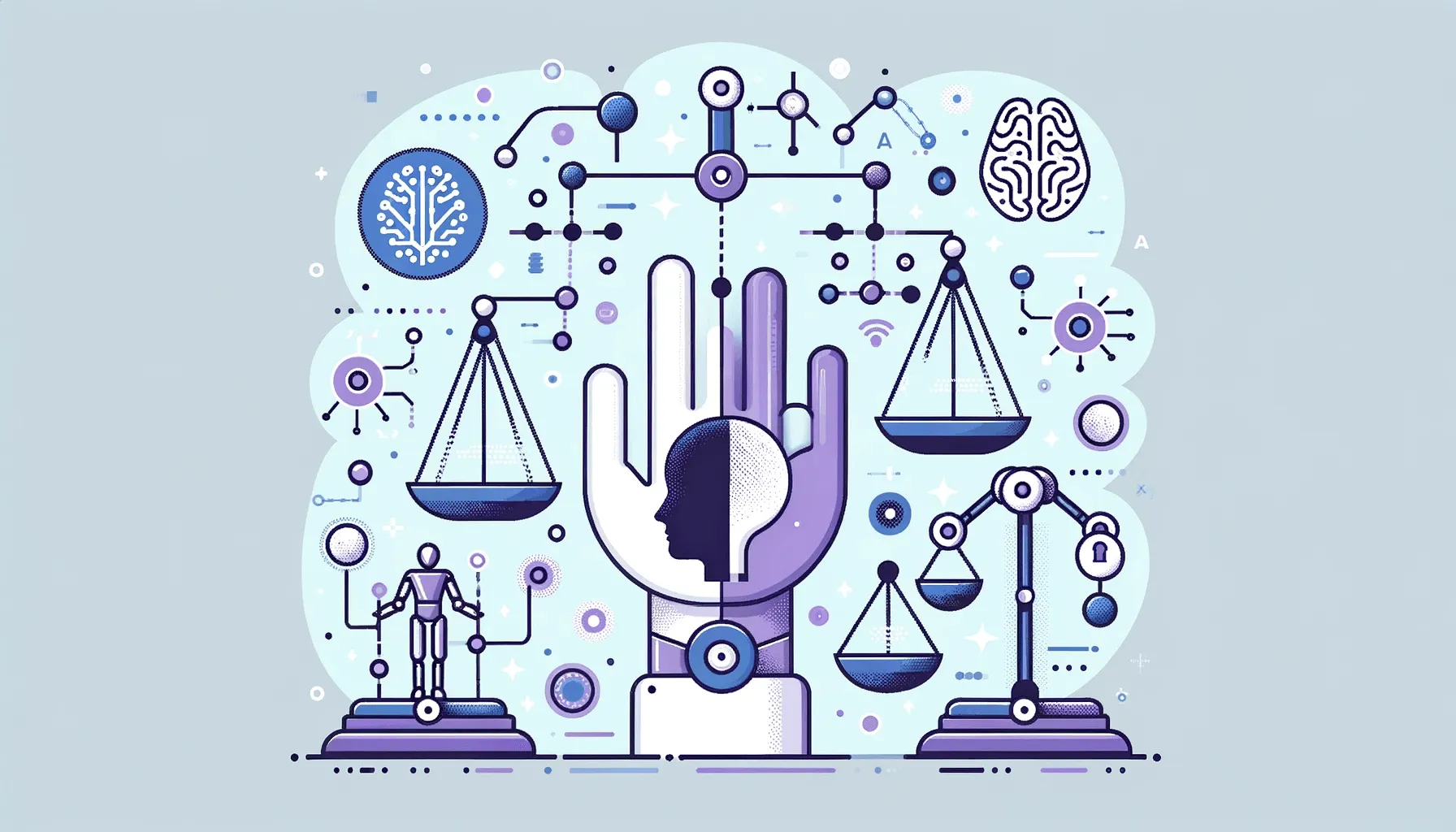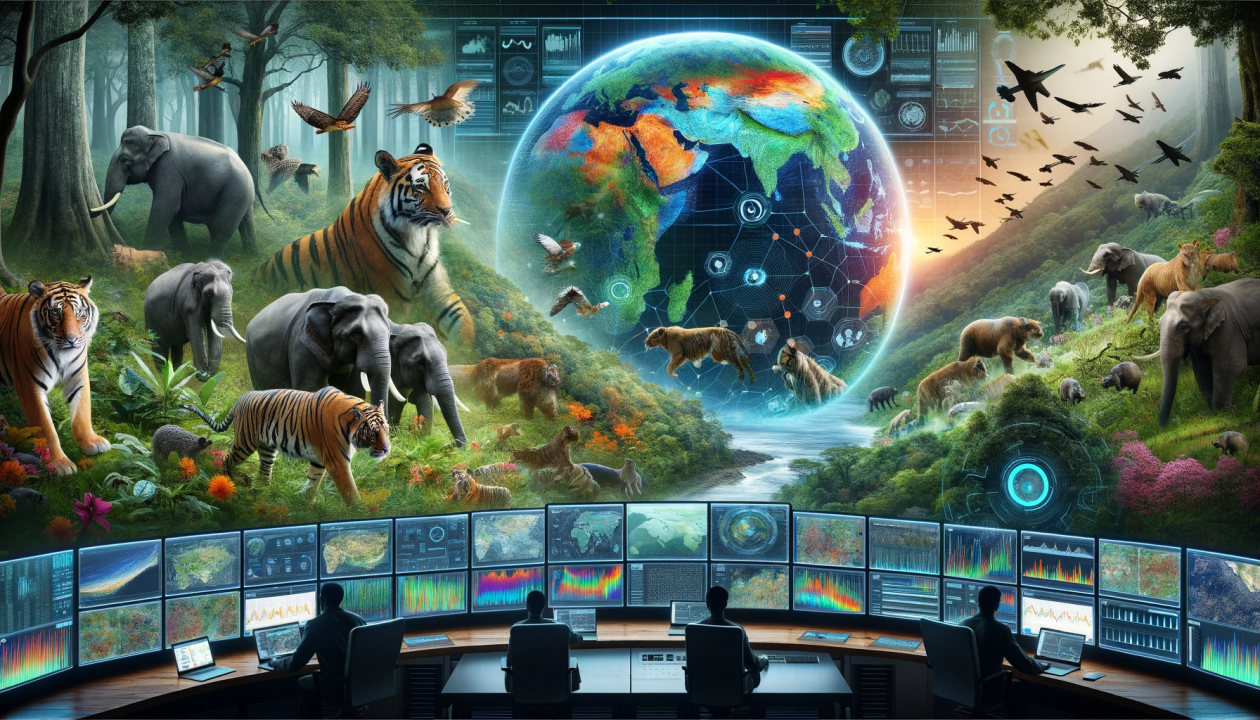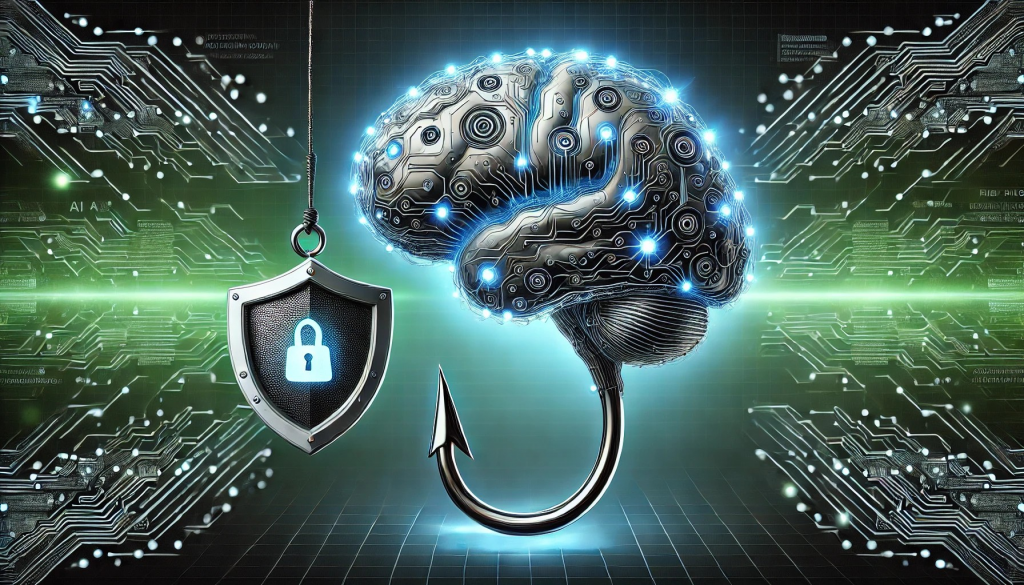justineanweiler.com – Artificial Intelligence (AI) has transformed industries worldwide, offering groundbreaking advancements in automation, healthcare, finance, and more. However, as AI continues to evolve, ethical concerns and the need for regulations have become increasingly prominent. This article explores the importance of AI ethics, the challenges posed by unregulated AI, and the emerging global regulations aimed at ensuring responsible AI development and deployment.
The Importance of AI Ethics
AI ethics refers to the moral principles and guidelines that govern the development and use of AI systems. These principles ensure that AI operates fairly, transparently, and without causing harm to individuals or society. Key ethical concerns include:
- Bias and Discrimination – AI systems can inherit biases from training data, leading to discriminatory decisions, particularly in hiring, lending, and law enforcement.
- Privacy Violations – AI-driven data collection and analysis raise concerns about user privacy, especially in the era of mass surveillance and data breaches.
- Job Displacement – Automation powered by AI threatens to replace human workers, raising ethical questions about economic disparity and workforce reskilling.
- Accountability and Transparency – AI decisions, especially in critical areas like healthcare and criminal justice, must be explainable and accountable.
- Autonomous Weapons and Security Risks – The use of AI in military applications poses serious risks regarding autonomous decision-making in combat.
Challenges in Regulating AI
Despite the growing awareness of AI ethics, regulating AI presents several challenges:
- Complexity of AI Systems – AI models, especially deep learning, function as “black boxes,” making it difficult to interpret their decision-making processes.
- Global Disparities in AI Policies – Different countries have varying levels of AI regulation, leading to inconsistencies in ethical AI implementation.
- Balancing Innovation and Regulation – Over-regulation may stifle AI innovation, while under-regulation can lead to unethical applications.
- Enforcement and Compliance – Ensuring that companies and developers adhere to AI regulations remains a significant challenge.
Global AI Regulations and Policies
Governments and international organizations are actively working to establish AI regulations that promote ethical AI development. Some notable efforts include:
1. European Union – AI Act
The EU’s AI Act is one of the most comprehensive AI regulations, categorizing AI systems based on risk levels and imposing strict requirements on high-risk applications, such as biometric identification and predictive policing.
2. United States – AI Executive Order & AI Bill of Rights
The U.S. has introduced guidelines like the AI Bill of Rights, focusing on data privacy, algorithmic accountability, and fairness in AI decision-making. Additionally, an AI Executive Order mandates responsible AI use in federal agencies.
3. China – AI Ethics and Governance
China has implemented AI ethics guidelines that emphasize social stability, fairness, and state control, particularly in AI applications related to surveillance and governance.
4. United Nations – UNESCO AI Ethics Guidelines
The United Nations has proposed global AI ethics frameworks to ensure AI development aligns with human rights, inclusivity, and sustainability.
The Future of AI Ethics and Regulations
As AI continues to advance, ethical considerations and regulations will need to evolve accordingly. Future developments may include:
- Stronger AI auditing mechanisms to enhance transparency and accountability.
- Global AI governance collaborations to create universal ethical standards.
- Public involvement in AI policies to ensure that AI benefits society as a whole.
- Greater corporate responsibility in adopting ethical AI practices.
Conclusion
AI ethics and regulations are essential for ensuring that AI benefits humanity without causing harm. While challenges remain, ongoing efforts by governments, organizations, and researchers are shaping a future where AI is both innovative and responsible. By prioritizing ethical principles and implementing robust regulations, we can harness the power of AI while safeguarding human rights and societal well-being.





